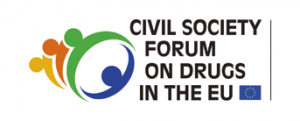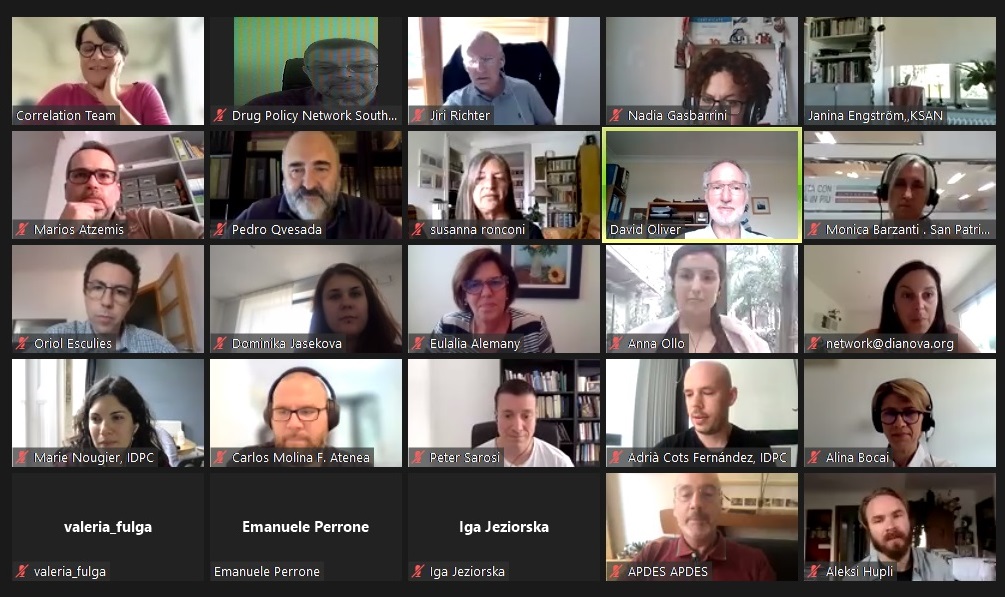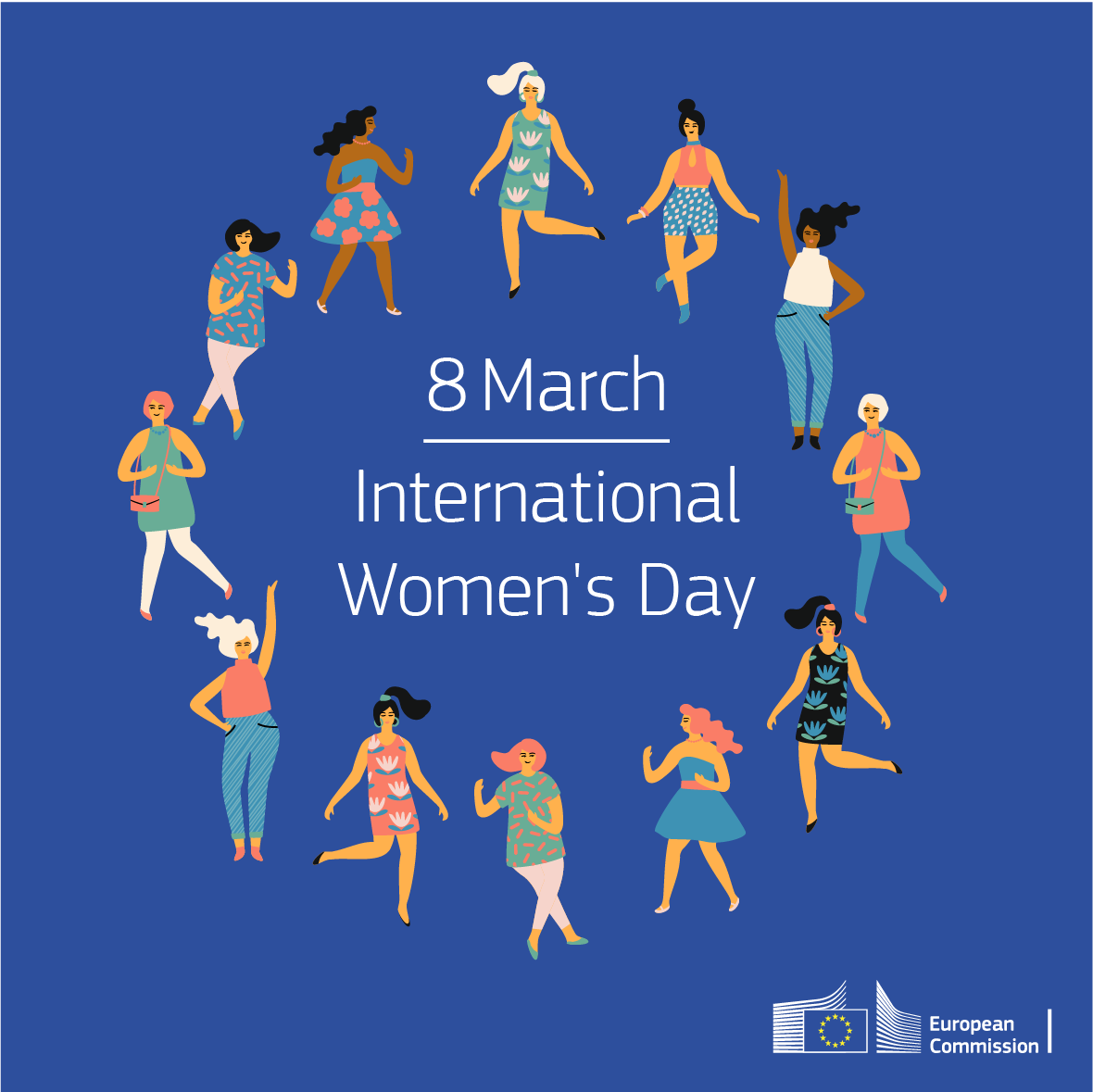Οn the occasion of International Women’s Day (ΙWD), celebrated on March 8 every year, the EU Civil Society Forum on Drugs (CSFD) has published recommendations on the importance of promoting gender equality to achieve a balanced approach to the drug phenomenon and calls for global drug policies that promote & protects the humanrights of women. CSFD hopes that these recommendations “can be of use in informing the positions of the European Union at the Ministerial Segment and at the 62nd session of the Commission on Narcotic Drugs”.
The Civil Society Forum on Drugs (CSFD) takes this opportunity to emphasize the need for global drug policies to pay special attention to women and the promotion and defence of their rights.

They note that the theme for IWD in 2019 is ‘Think Equal, Build Smart, Innovate for Change’, focusing on: ‘innovative ways in which we can advance gender equality and the empowerment of women, particularly in the areas of social protection systems, access to public services and sustainable infrastructure’.
Also they note that the provisional agenda for the Ministerial Segment includes a roundtable on ‘Taking stock of the implementation of all commitments made to jointly address and counter the world drug problem…’. These commitments include the Outcome Document of the 2016 United Nations General Assembly Special Session (UNGASS) on drugs – which includes a strong gender component as it relates to drug policy.
The UNGASS Outcome Document also highlights the importance of the 2030 Agenda for Sustainable Development, noting that ‘efforts to achieve the Sustainable Development Goals and to effectively address the world drug problem are complementary and mutually reinforcing’.
The achievement of SDG 5 on gender equality will necessitate that drug policies and programmes adopt a strong gender component to ensure that women are not left behind in efforts to control the illicit drug market.
Using the UNGASS Outcome Document structure, the CSFD wishes to offer specific recommendations which CSFD hope can be of use in informing the positions of the European Union at the Ministerial Segment and at the 62nd session of the Commission on Narcotic Drugs.
To download this Recommendation follow this link>>>>




 The Forum membership comprises 45 civil society organisations coming from across Europe and representing a variety of fields of drug policy, and a variety of stances within those fields. Its purpose is to provide a broad platform for a structured dialogue between the Commission and the European civil society which supports drug policy formulation and implementation through practical advice.
The Forum membership comprises 45 civil society organisations coming from across Europe and representing a variety of fields of drug policy, and a variety of stances within those fields. Its purpose is to provide a broad platform for a structured dialogue between the Commission and the European civil society which supports drug policy formulation and implementation through practical advice.
 The Forum membership comprises 45 civil society organisations coming from across Europe and representing a variety of fields of drug policy, and a variety of stances within those fields. Its purpose is to provide a broad platform for a structured dialogue between the Commission and the European civil society which supports drug policy formulation and implementation through practical advice.
The Forum membership comprises 45 civil society organisations coming from across Europe and representing a variety of fields of drug policy, and a variety of stances within those fields. Its purpose is to provide a broad platform for a structured dialogue between the Commission and the European civil society which supports drug policy formulation and implementation through practical advice.